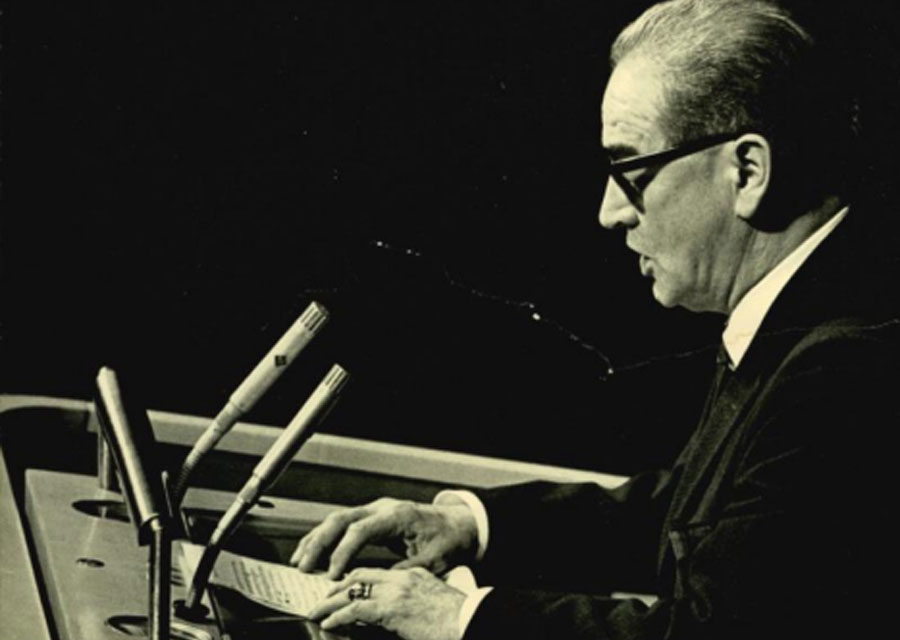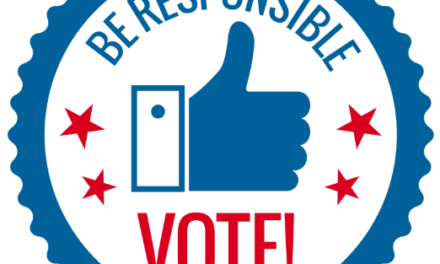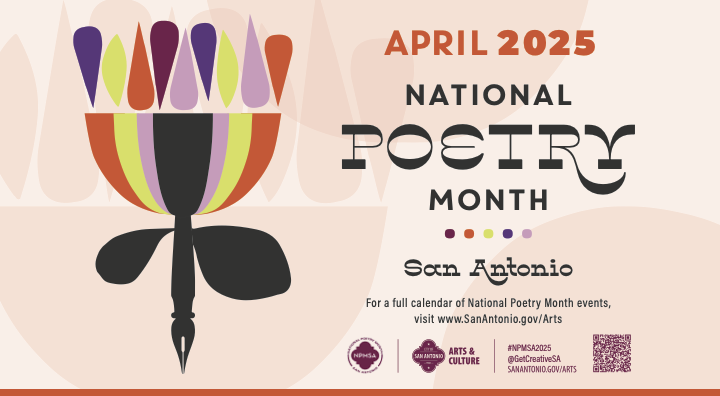Photo Credit: Dr. Hector P. Garcia, U.S. Ambassador to the U.N. Photo courtesy of the Dr. Hector P. Garcia Papers, Special Collection, Bell Library, Texas A&M University Corpus Christi.
In 1948 Latino military veterans in Texas exposed an ugly incident of racial discrimnation with the case of Private First Class Felix Longoria. Pvt. Felix Longoria served as an infantryman in the Pacific during World II and was killed in 1945 by an enemy sniper in the waning days of the war in the Philippine Islands. His body, which was not recovered until 1948, was shipped to his hometown of Three Rivers.
Although he earned a Bronze Service Star, a Purple Heart, and a Good Conduct Medal, the only funeral home in Three Rivers would not allow his family to use the chapel because “the Whites would not like it.” Jim Crow laws and segregation practices had a long history in most of Texas, and Three Rivers was no exception. Longoria’s hometown had two cemeteries, one for Whites and another for Mexicans.
Unable to use the chapel, the Longoria family received their son’s body at their modest home. A newly formed Latino civil rights organization, the American G.I. Forum took up his cause. The American G.I. Forum was in its inaugural year when Dr. Hector P. Garcia learned of the prejudice against Pvt. Longoria. The Longoria family reached out to Dr. Garcia who informed the newly elected U.S. Senator, Lyndon B. Johnson, of the blatant discriminatory treatment of an American serviceman. Senator Johnson secured permission to bury Pvt. Longoria at Arlington National Cemetery where he became the first Latino to receive this distinguished burial honor.
Latinos have fought in every American war dating back to the American Revolution in 1776. They also fought on both sides of the Texas War for Independence in 1836, the Mexican-U.S War in 1846, and the American Civil War in 1860. In his recent book, Hispanic Military Heroes, Virgil Fernandez noted that 42 Latinos had been the recipients of the prestigious U.S. Medal of Honor as well as other highly distinguished military recognitions.
Like other American veterans, Latinos returned from war to tend to injuries, restart careers, or begin new lives with the skills learned in military service. During World War II, the U.S. Congress passed legislation to reward those who had fought to defend American democracy and freedom. With G.I.Bill benefits veterans could count on medical care, burial rights, housing assistance, and free college tuition.
Segregation and discrimination, however, prevented African Americans and Latinos from taking full advantage of the war benefits. In South Texas, Dr. Hector P. Garcia
emerged in the late 1940s as a major champion of Latino veterans. The founding of the American G.I. Forum by Dr. Garcia and his related achievements are discussed in this essay. The American G.I. Forum became one of the early influential Mexican American civil rights organizations.
Dr. Hector P. Garcia had completed his medical residency in 1942 when he joined the Army. With degrees from the University of Texas Medical School at Galveston and residency at Creighton University in Omaha, Nebraska, Garcia was well trained in the field of medicine.
Despite his excellent credentials, his first assignment was command of an infantry followed by command of a company of combat engineers. Finally the Army got it right and transferred him to the medical corps in his last two years of service. He served with distinction earning the Bronze Star Medal and the World War II Victory Medal.
Dr. Garcia grew up in Mercedes, Texas but upon his discharge from military service, he opened a medical practice with his brother in Corpus Christi, Texas. He made friends with many of the returning veterans and learned of the many difficulties that Latino veterans encountered in applying for G.I. Bill benefits. Alarmed by
the many problems veterans reported with government agencies, Dr. Garcia started the first chapter of the American G.I. Forum in 1948 as a civil-rights organization devoted to securing equal rights for Latinos. Initially, it dealt with securing earned benefits from the Veterans Administration guaranteed through the G.I. Bill of Rights of 1944.
Over the next decade, the American G.I. Forum fought for the desegregation of schools, helped to win a jury discrimination case in the U.S. Supreme Court, gained better wages for farmworkers, and won the elimination of the poll tax for voters.
Dr. Garcia is also credited with the founding of Viva Kennedy clubs across the nation in the 1960 presidential campaign. He became the first Mexican American to be appointed as a U.N. Ambassador and also served on the United States Commission on Civil Rights. In 1984 Dr. Garcia was awarded the Presidential Medal of Freedom. Twelve years later Dr. Garcia passed away after a long illness. His major legacy, the American G.I. Forum, remains active across the nation in preserving fairness, equality and justice across all areas of American society.











